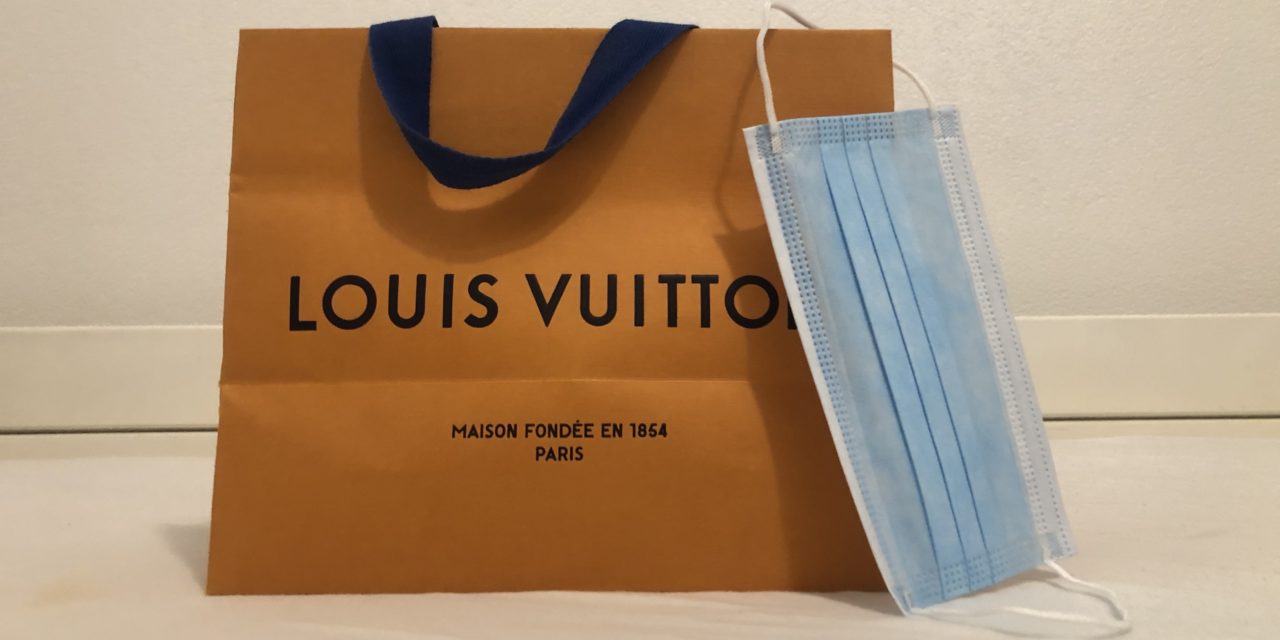The COVID-19 pandemic has hit, changed or completely derailed just about every area of life – including our wardrobes. Corona measures are still deterring many consumers from brick-and-mortar shopping, and with many people continuing to work from home for the foreseeable future, joggers have become the norm for business casual attire.
These changes have hit many major retail brands hard. But as the New York Times Magazine recently reported, the fashion industry was on an unsustainable path even before COVID, with some luxury designers going so far as to burn off their surplus stock. A study by the European Parliament shows that clothing accounts for between 2 and 10% of the environmental impact of EU consumption. Consumer use also has a large environmental footprint due to the water, energy and chemicals used in washing, tumble drying and ironing, as well as to microplastics shed into the nature.
Now that the cycle of overproduction and overconsumption has come to a standstill due to the pandemic, do we now have a chance to achieve a more sustainable, slower fashion culture – one that values comfort, quality and climate over fleeting trends (aka fast fashion)?
We discuss this with sustainable fashion advocate Leonie Collombon. She is a fashion journalist and exclusively buys sustainable or secondhand clothing items.




